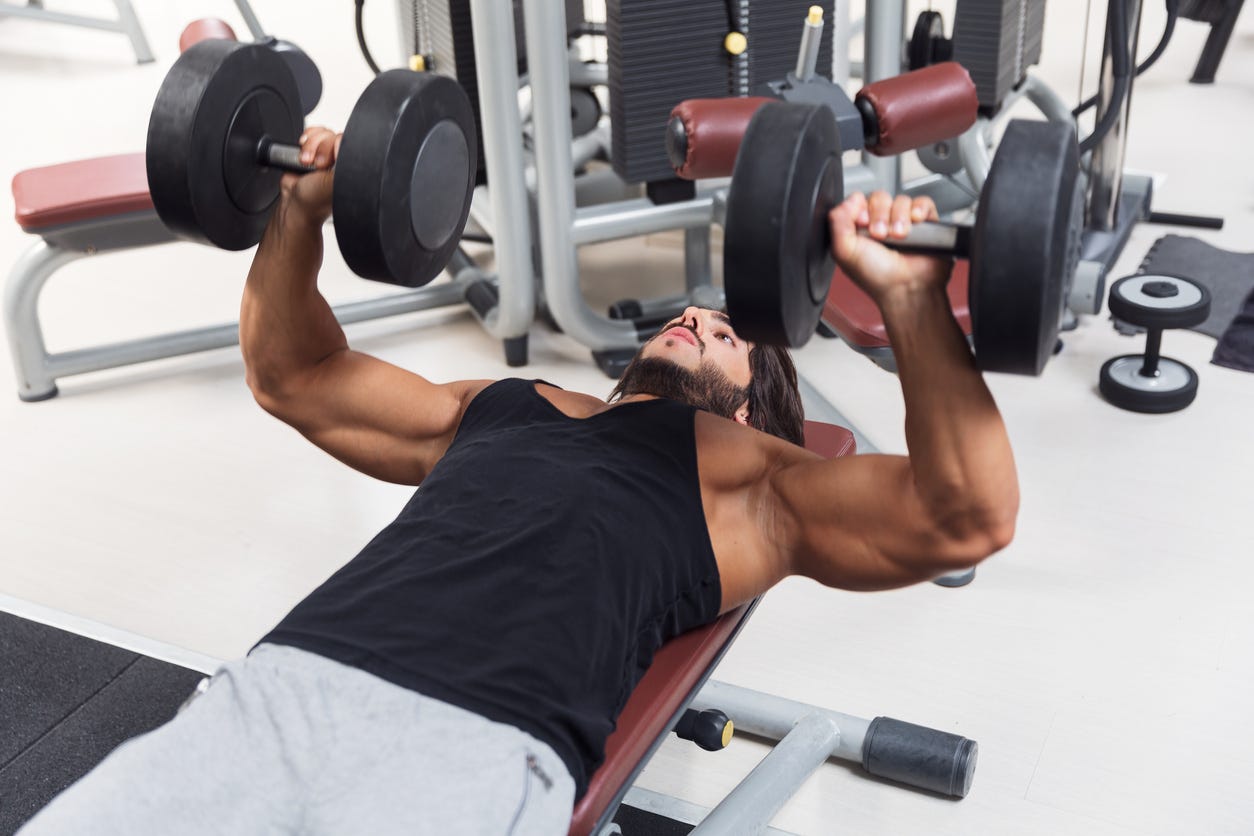A few months ago I went to the gym with my father. This was a rare occurrence (we live in different states), and as it was, I showed him a few movements and had him work on a few things. My father is in decent health, he's going to be 67 in a few months, and I emphasized the necessity of him maintaining lean body mass as much as possible.
In Father Corte's case, he is far past the stage of being concerned about his 1 rep max on Barbell lifts. He has years worth of injuries, general wear and tear, and his focus is training so that he FEELS good and strong. A desire to be painfree and functional precludes “maxin out!’ on the squat, bench press, or deadlift.
The Big 3 barbell Lifts are highly effective lifts, there is no arguing against that. The barbell itself is a great implement and one of the best tools you can train with.
That said, the Big 3 lifts are NOT essential to training.
There is still a persistent belief online that the barbell is superior to all other training implements. This is false.
-We know that barbell lifts are NOT superior to machines or other free weights for muscle growth
-We know that both light, moderate, and heavy weights can grow muscle
-We know that CUSTOMIZING exercises to suit someones body structure is better than forcing them into exercises that do not work well
-We know that mechanical tension is what stimulates muscle growth
-We know that the more efficient an exercise is at loading a muscle with mechanical tension across its entire resistance curve, the LESS weight is needed to be used
-We know that as people age, their bodies become less hydrated, and the intervertebral discs shrink, leading to them becoming shorter
-we know that aging joints can handle less load than younger joints, and that loading muscle tissue while minimizing excess joint stress is a viable strategy
As it is, the barbell is NOT necessarily recommendable for older and injured trainees as it creates more negative joint stress than it promotes positive adaptation.
And even if you are not older and injured, you do not NEED to use the barbell. You CAN use it, and it may be worthwhile to use, but anyone arguing that it is an absolute in training is caught up in egoic ideology.
I've trained clients with the barbell, and without the barbell, and there is ZERO difference in muscle growth or functional strength gains.
Unless the Big 3 are something a clients WANTS to do and/or needs to do for some reason (say preparing for athletic testing or being in a collegiate lifting environment) I don't make anyone use it, and I don't forcefeed just because its the barbell.
So, what alternatives then are there to the barbell lifts? A LOT OF THEM
The following are 30 variations you can use that substitute for the Big 3. To note, these are not necessarily straight line substitutions. Rather, this is to show you that you can train effectively with many different lifting options, and you need not feel your training is compromised because the barbell is being excluded.
Bench Press Variations
1. Horizontal Machine Chest plate loaded chest press
2. Horizontal Machine selectorized chest press
3. Flat DB Bench Press
4. Dips (done with weight)
5. Pushups (can be done weighted as well)
6. Pushups on Rings
7. Incline DB Bench Press
8. Smith Machine Bench Press
9. Incline Smith Machine Bench Press
10. Football Bar or Kadillac Bar Chest press
Deadlift Variations
1. 1-arm KB Swings
2. Double KB Swings
3. DB Stiff Leg Deadlifts
4. DB Romanian Deadlift
5. Trap Bar Deadlift
6. Trap Bar Romanian Deadlift
7. Weighted 45 degree Hyperextensions
8. Horizontal back Extensions
9. Good Mornings
10. Cable Deadlifts
Squat Variations
1. Pendulum Squat
2. Bulgarian Split Squat
3. Standing Split Squat
4. Reverse Lunges
5. Machine hack squats
6. Barbell Front Squats (much more low back friendly than the back squat)
7. Hip Belt Squats
8. DB Front squats (goblet squats)
9. Trap bar upright Dead squats with heel elevation
10. Slant Board Squats (weighted)
Options
You have a lot of options. Any questions to the above, please let me know






I noticed that you didn’t include leg press machines as squat alternatives. Would you please expand on the role of the leg press in overall lower body size and strength development? Thanks!